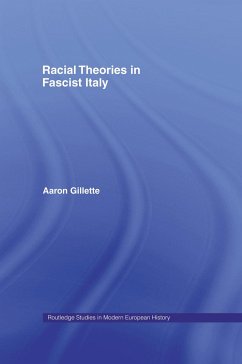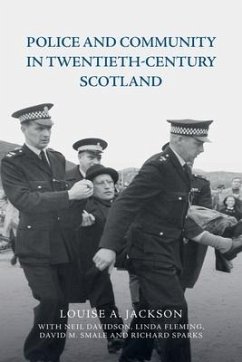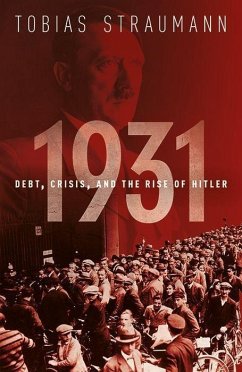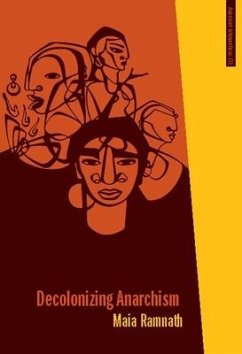Nicht lieferbar
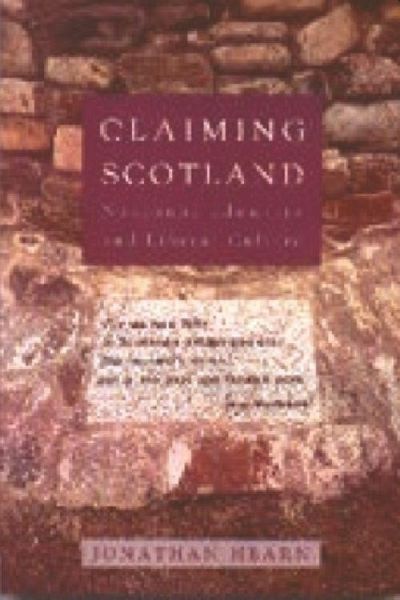
Claiming Scotland
National Identity and Liberal Culture
Versandkostenfrei!
Nicht lieferbar
In September of 1997 Scots voted overwhelmingly for the establishment of a modern democratic parliament -- their first parliament in almost three hundred years. How did this remarkable constitutional change come about? Jonathan Hearn explores this question by examining how claims for greater political autonomy in Scotland today draw on deeper cultural traditions of political thought and action. Scotland's civic nationalism voices a moral critique of neoliberalism and a communitarian defence of the idea of the welfare state, grounding these in Scottish culture and identity. By placing this move...
In September of 1997 Scots voted overwhelmingly for the establishment of a modern democratic parliament -- their first parliament in almost three hundred years. How did this remarkable constitutional change come about? Jonathan Hearn explores this question by examining how claims for greater political autonomy in Scotland today draw on deeper cultural traditions of political thought and action. Scotland's civic nationalism voices a moral critique of neoliberalism and a communitarian defence of the idea of the welfare state, grounding these in Scottish culture and identity. By placing this movement and its language in their institutional, historical, and cultural contexts, this powerful book challenges the conventional distinctions between liberalism and nationalism, and between civic and ethnic forms of nationalism, by arguing for a more nuanced way of thinking about processes of culture, identity, and politics.






